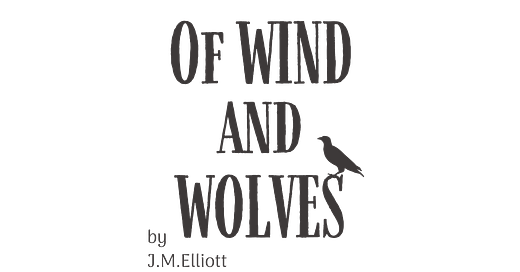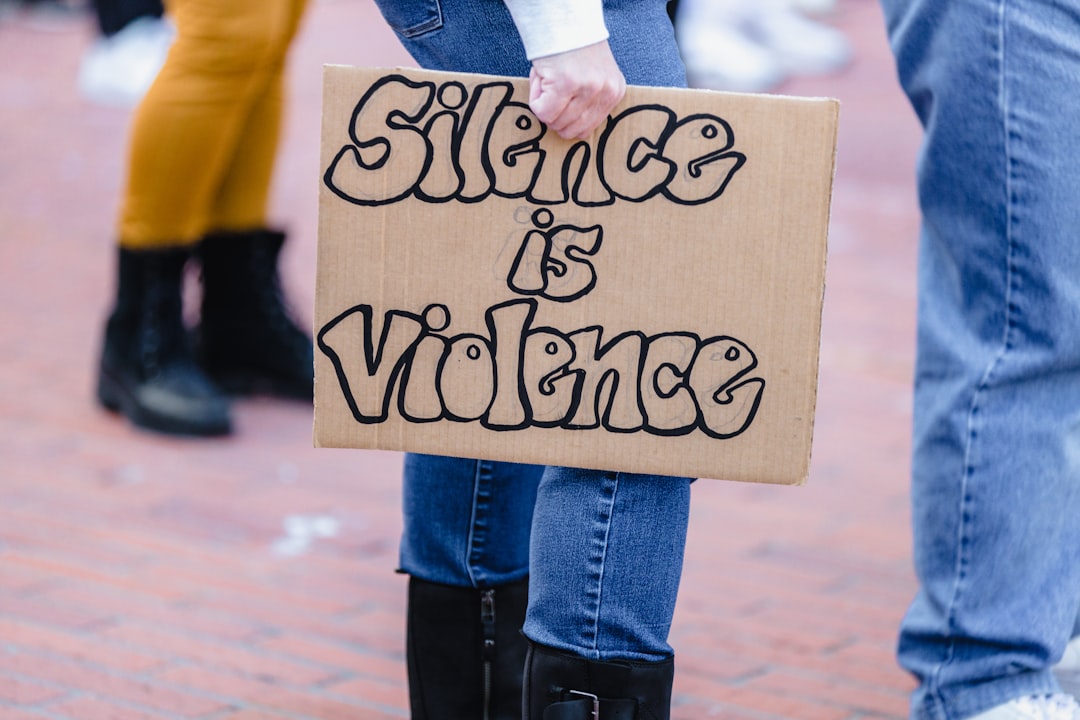If you are a new subscriber, you may wish to start at the beginning.
In the aftermath of the battle, the camp took on a melancholy mood like I had never seen. There should have been celebration after such a sound victory. But the men must have sensed, as I did, that there was no glory in this fight. It may have been justified, it may even have been necessary, but it was not noble. There were no great spoils to be won or longstanding rivals to be routed, merely a tract of land and the upper hand to reclaim—and not without considerable risk. We had not heard the last from the Hellenes on this account. Having swatted a single wasp, sooner or later, the nest would rouse itself in fury.
The injured men remained indoors for the most part, and their brothers stayed to care for them. Others ventured only far enough to fulfill the duties of hunting and riding patrols. Aric’s wound was also still mending, so I remained close to camp, looking after the horses and performing chores with Stormai. He’d pulled his shoulder out of joint falling from his stumbling horse, and carried his arm in a sling. While he couldn’t draw a bow, he was stuck doing the undignified jobs of a novice with me, gathering cow pats to make bricks for the fire and checking the fish traps and snares.
We brought our waterskins down to the river while we checked the last of the traps and sat to take a bite to eat in the dreary midday light. The day wasn’t going to brighten, no matter how hard I willed the sun to shine. But the cold water was clear again, and it felt good on my stiff hands. The scent of fire still hung in the air. After the remaining settlers had fled in their carts, we’d burned everything but the stock and the hay. Unlike horses, sheep and cattle hadn’t the sense to dig beneath the snow to find food for themselves, and even the Skythai had to make hay for them when they grazed far from the reedy riverbanks in winter. We took everything we could carry and burned everything else.
Amid the ashes where the village had stood, Aric took clay and water from the river to build an altar and sang verses over it while he lit a fire. All through these last days and nights, the men kept the fire burning to reclaim the territory for their people. Yet, I’d seen these waters run red with blood and ash and other things less noble, and I wondered how much had to wash through this place before it would be clean again. Perhaps that was the beauty of the river. It was never the same from one moment to the next. So much water had flowed from yesterday to today.
Stormai leapt to his feet, and I turned to see what had roused him. Behind us, a band of some twenty of our men marched toward where we sat by the riverside. I’d never spoken to any of them and didn’t know a single one by name. I scanned the horizon for a friendly face: Antisthenes, Bornon, my horse—any means of protection or escape. If I screamed for help, no one would arrive in time. If they came at all. I wasn’t sure Stormai would fight for me, even if he could with his poor arm. And against a mob like this, I wouldn’t ask him to. We were outnumbered.
I stood up straight and forced myself to meet the eyes of the pack leader. I recognized his scarred face. I think I’d heard the others call him Hvaspa around the camp. He was a fine horseman and a veteran karik. Old enough to have a few seasons of such battles behind him but young enough to still harbor passion behind his shining chestnut eyes.
“Blessings, my lady.” His voice was soft but tremulous.
“And to you, Sura,” I answered guardedly.
“May we speak alone?”
We walked a short distance from the crowd. I was anxious about a trap, but the presence of Stormai gave me a certain solace. He watched us closely.
“As well as warriors, it’s said the hamazon are also priestesses? I’ve heard it said that even Aric seeks your mediation. That you travel among the dead and can speak with spirits.”
I held up my hand, about to protest. My other hand hovered near the handle of my dagger concealed in my vest beneath my caftan.
He shook his head. “I’d not like to see such a place—not for many years,” he insisted, looking at his boots as if to hide from the thought. Through his disheveled hair, he peered up at me. “But if you should go there, maybe you’d bring a good word to my blood-brother? Tokhak. Tell him—I don’t know,” he shook his head and looked to me desperately, his brow furrowed. “What do you even say to the dead? Tell him we’ll look after his kin and see him soon. Tell all our brothers when you meet them there?”
He stood in silence, staring at me in utter earnestness. The crowd, just feet away, held themselves in silent anticipation. Their forlorn faces, long and pale, looked at me across a distance I recognized in myself. It was the horizon that stretched between me and sleep when the lights had long gone out, and nothing but quiet and stark memories filled the night. I hadn’t the heart to tell them the truth. I had no such gift. The dead hid from me as they hid from all the living. Yet, it seemed a harmless enough untruth, small in its way if it brought solace to the grieving.
“The ways and paths of that world are difficult.” My voice splintered as I spoke. “But I will search. Should I see them in the place beyond, I will bring them your good words.” It was not untrue. If I could, I surely would. And I wished, then, with all my heart, I had within my power to perform the feat they asked.
“Bless you, satanaya,” Hvaspa sobbed, with tears welling in his crinkled eyes and clasped my hands tightly in his, like he knew me.
Chapter Twenty-Seven: Flesh










